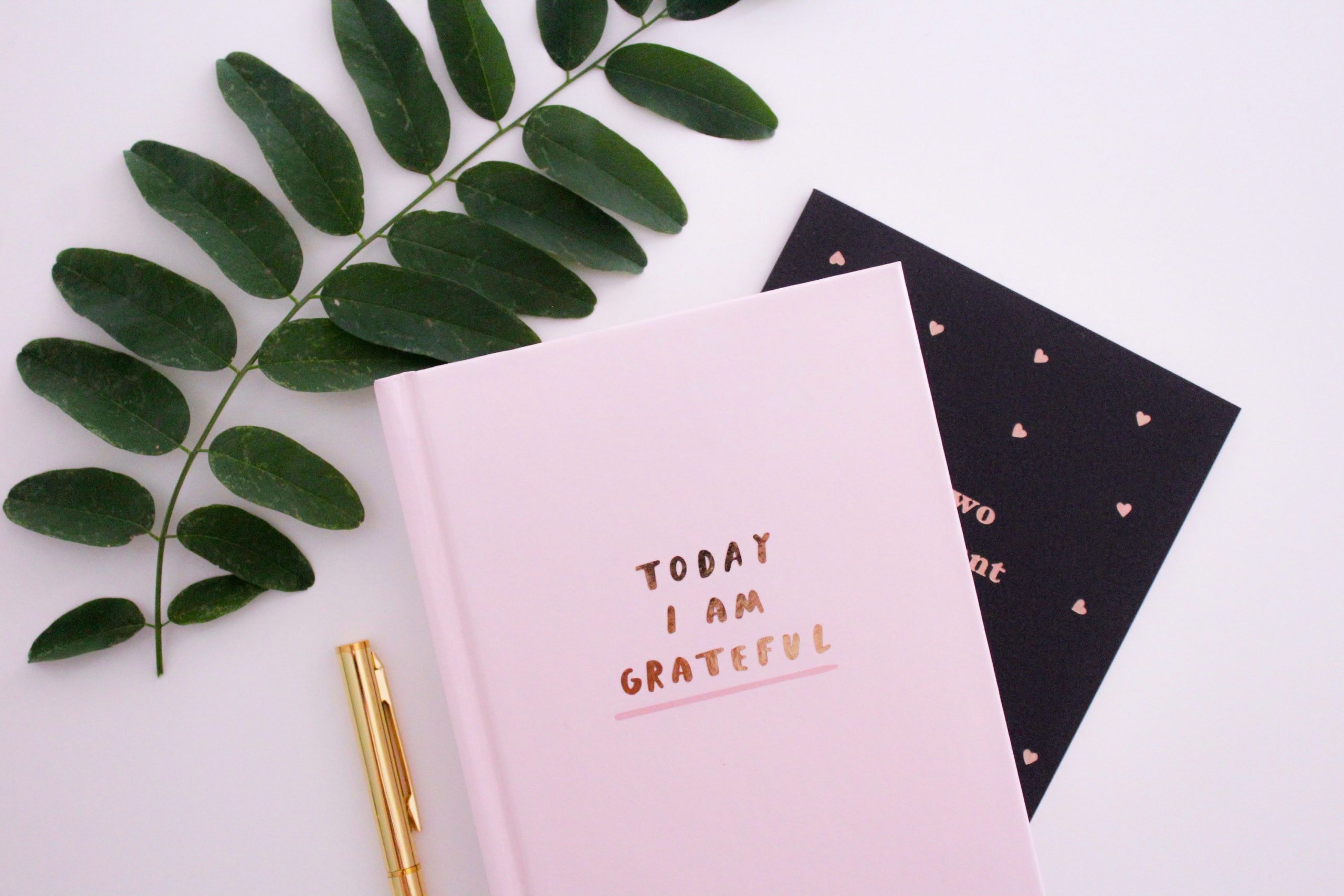
Journaling for self-care
Corona is still going on, and some of us are still struggling! Let’s explore some self-care.
‘Journaling is paying attention to the inside for the purpose of living well from the inside out.’ Lee Wise
Self-care as we have come to know it is a way to let yourself, recharge, take time out from your daily routine and do something just for you and about you.
One popular but understated method of self-care is journaling. This is generally writing your thoughts and feelings down in a journal, notebook, or a diary. It may sound simple but it’s a tool that has been proven to have multiple benefits on both your mental and physical health.
Journaling is, for many, a way to release pent up emotions and feelings, while for others, it is a way to come up with ideas, make dreams reality and find practical solutions to problems overcrowding the mind.
Let’s look at the genesis of journaling. Writing letters and keeping diaries is an ancient practice that has been traced back to the 10th century, and was discovered in Japan. This practice has stayed the course centuries later and even now, in the age of technology and social media, there’s something really unique and intimate about writing things down, in a place that only you can access and in a way that only you will understand.
Psychological research has shown that frequent journaling results in the strengthening of immune cells known as T-lymphocytes and can reduce asthma and rheumatoid arthritis symptoms. The beauty of journaling though, is the fact that writing activates and utilizes the left part of your brain, leaving the right part free to do more, create more, and innovate more. It can help remove any mental block you may have. Self-care sessions/self-care days are necessary for exactly that – to clear your mind and give it the space it needs to keep functioning at an optimum level.
Journaling is also an important tool for your own growth and personal development. When you go through past journals, looking at where you were at that point of your life and compare it to present day, you’ll more often than not notice a gradual change – in your mannerisms, tolerance levels, in how you solve problems and deal with conflict – all from consistently noting down your thoughts and feelings.
Writing, especially to yourself, and with no judgment, allows you to see yourself better. It gives clarity on what does and doesn’t makes you happy, it bolsters a confidence in you that you probably thought was not there. Some of us use prompts because sometimes you do not know where to start when it comes to journaling. Prompts are helpful guides in the journaling process, directing your mind to places you had previously not thought about or considered and they help you open up more to the prompt in question and to yourself. Prompts can sound like: What are you feeling grateful for today? Or, What do you think is holding you back?
How do you start?
There are two exercises recommended to get you started, which should only take about 20 minutes to do.
1) Write freely and quickly: Just open your notebook/journal/diary and write whatever comes to your mind. Maybe something happened to you that day and it’s still on your mind, write it down. Don’t pay any mind to spelling or punctuation or even language; just express your feelings of the event/situation and write. This helps your mind to declutter – to empty out whatever’s in there. It helps to do this at the end of a long day to put your brain at ease, or calm down whenever you feel your mind is racing.
2) Pick a theme for the day or week: Some people may do it for a month; others may keep at it for a week at a time. Themes can range from love, happiness, anger, frustration, family, or friends. Choose any theme you want to dive into and start there.
Journaling is one of the best forms of self-care and also doubles up as a great form of therapy. Practice it regularly and you’ll see the benefits immediately start to show.
Do you have a diary?
